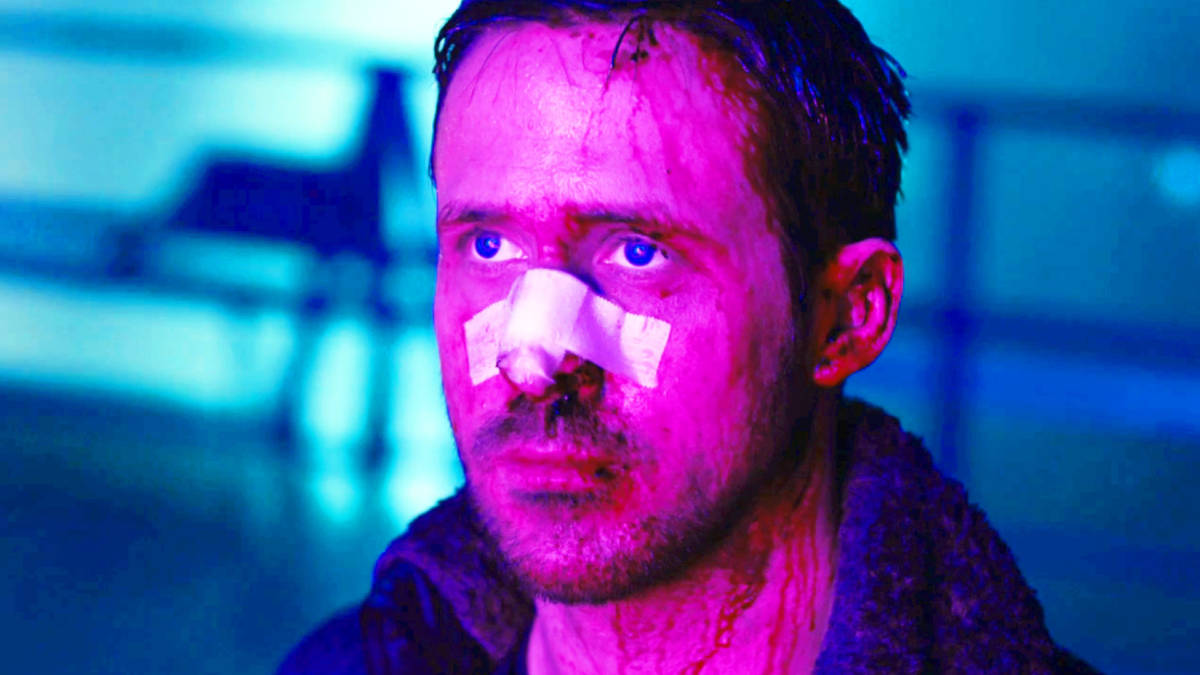A sequel to the 1982 classic Blade Runner had been in the works for a long time. It’s weird to think now that the first film met with mixed reviews and a modest box office upon release. Eventually, the film’s powerful punch of cyberpunk noir, frightening and fascinating implications for the future, and compelling performances won over critics and a growing group of fans. The sequel was formally announced in the early 2010s after years of speculation and hope. The finished film was at last released on October 3rd, 2017.
And the reception was, well, it was as extensive as the movie itself.
Despite garnering reviews that were positive, the film failed to meet box office expectations, with losses ranging in considerable estimated figures. Reception to the film praised performances and visuals, and for creating something that truly felt like an extension of the first film. What little criticism there was mostly focused on the running time, which clocked in at nearly three hours. Some perhaps felt that was a lot for a movie that dealt with such heavy, mood-and-hopeless-neon saturated themes.
Blade Runner 2049 is one of the darkest movies of 2017, coming out in the shadow of news events that made the film a little too prescient for some. When you put that together with a massive atmosphere of awe-inspiring doom, the running time can start to feel like a punishment. Those who have seen the movie widely like it for these reasons, but it’s still worth discussing given the film’s underperformance at the box office.
It’s not the easiest movie to like in places, but at no point does this feel like an unnecessary continuation of the story started by author Philip K. Dick. Blade Runner 2049 may be a little on the long side for a movie this expansive in every imaginable way, but it’s hard to argue with how well that time is spent. Ryan Gosling’s performance as a blade runner named K, whose work leads him on a search for the man known as Deckard (a returning, stunningly effective Harrison Ford), gives the movie focus and surprising soul. Blade Runner 2049 is more chaotic than its predecessor.
K’s search leads him across a world that is inching ever closer to complete oblivion. This is not a story in which K is tasked with saving humanity, he’s simply trying to understand a secret that could pick apart what’s left. This brings him to not only Deckard, but to a monstrous new figure (Jared Leto) behind the corporation that now controls the remnants of society.
This is a movie wholly different from just about any other big budget science fiction epic put in theaters across the decade. There’s plenty of action, including a fantastic brawl between Deckard and K that ended during the actual shooting in the funniest way possible. There’s some beautifully executed stretches of tension, with director Denis Villeneuve managing to keep these different pieces from imploding. Blade Runner 2049 develops its new characters, makes the original film’s characters invaluable, and keeps all of them moving along this captivating horror show of a planet.
While one of the darkest blockbusters released in the 2010s, Blade Runner 2049 also professes a glimmer of hope for humanity. It’s not looking good, but we persist for good or ill, and there’s something to that, even something good, if you want to take it. Blade Runner 2049 is a masterpiece for many reasons, with one of those reasons being because it leaves a lot open to your interpretation. You may see it as a cautionary tale for where we’re headed now. If you just want a challenging, magnificent piece of filmmaking in the 21st century, there’s that, too.
READ NEXT: 15 Best Sci-Fi Horror Movies of All Time
Some of the coverage you find on Cultured Vultures contains affiliate links, which provide us with small commissions based on purchases made from visiting our site. We cover gaming news, movie reviews, wrestling and much more.



